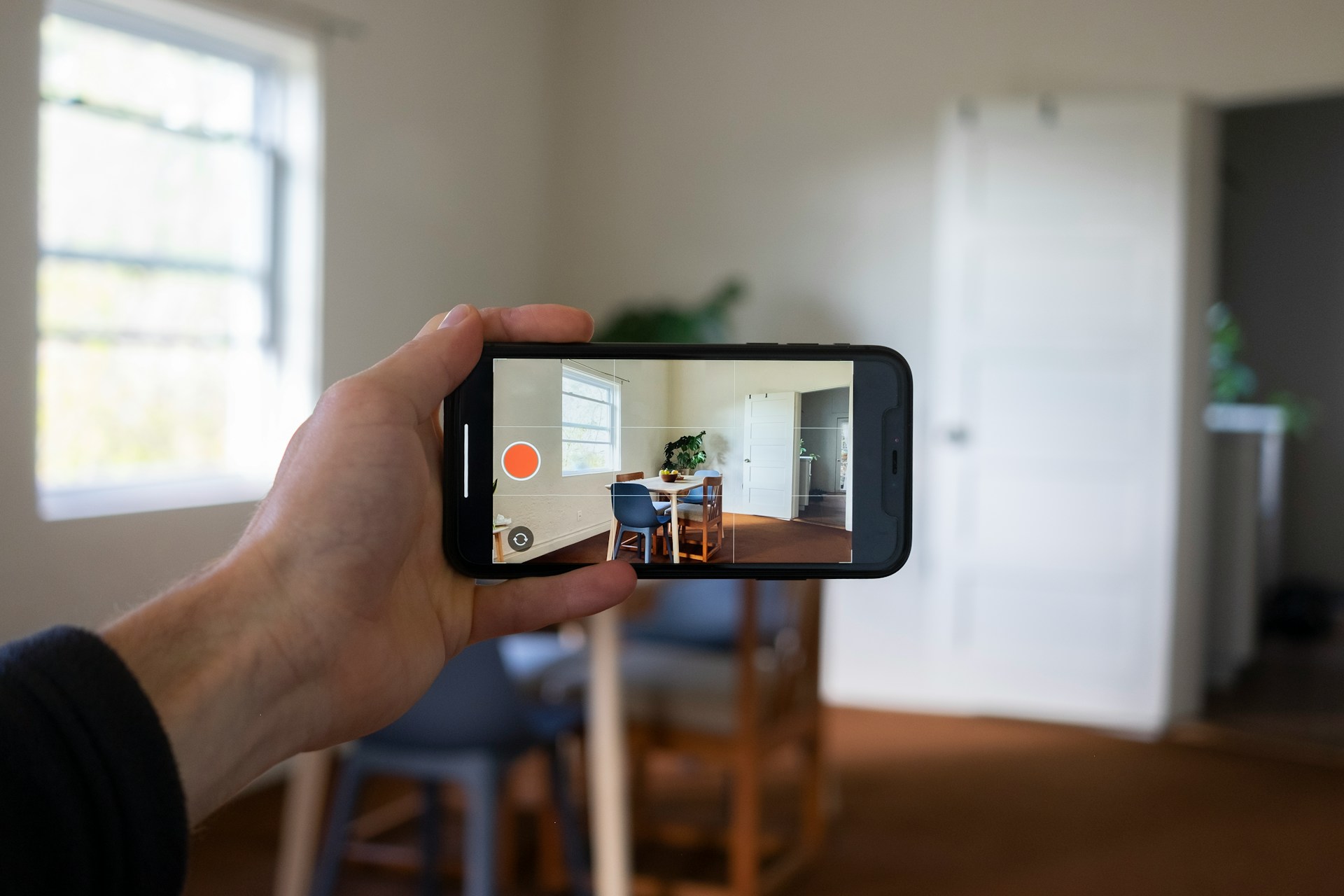The real estate industry has evolved significantly over the past decade, with digital technology transforming how properties are marketed and sold. In an age where convenience and accessibility are paramount, virtual tours and digital marketing have emerged as powerful tools to engage potential buyers and sellers. This blog will explore how real estate professionals can effectively leverage these technologies to stay ahead of the competition.
1. The Power of Virtual Tours
A. Enhancing Buyer Experience
Virtual tours offer a 360-degree view of a property, allowing potential buyers to explore every nook and cranny from the comfort of their homes. This immersive experience provides a realistic sense of space and layout, making it easier for buyers to shortlist properties without the need for physical visits.
B. Increased Engagement
Properties listed with virtual tours tend to receive more views and longer engagement times. According to a study by Realtor.com, listings with virtual tours receive 87% more views than those without. This increased exposure can significantly boost the chances of selling a property faster.
C. Building Trust with Remote Buyers
For out-of-town or international buyers, virtual tours are a game-changer. They offer a transparent view of the property, helping build trust and confidence. Buyers can make informed decisions without needing to visit the property in person, which is particularly valuable in today’s fast-paced market.
2. Digital Marketing Strategies for Real Estate
A. Social Media Marketing
Social media platforms like Facebook, Instagram, and LinkedIn are invaluable for reaching a broad audience. By sharing high-quality photos, videos, and virtual tours, you can attract potential buyers and sellers. Paid advertising on these platforms can further enhance visibility, targeting specific demographics based on location, age, and interests.
B. SEO Optimization
Optimizing your real estate website and listings for search engines is crucial for driving organic traffic. Use relevant keywords like “virtual tours in real estate,” “buy a house online,” and “digital marketing for realtors” throughout your content. Ensure your website is mobile-friendly, as a significant portion of real estate searches now happen on mobile devices.
C. Email Marketing
Email marketing remains a powerful tool for real estate professionals. By segmenting your email list, you can send targeted campaigns showcasing virtual tours and new listings to interested buyers. Personalizing these emails with the recipient’s name and specific property interests can further increase open and click-through rates.
D. Video Marketing
Videos are a highly engaging form of content, and when combined with virtual tours, they can significantly boost your marketing efforts. Create short, informative videos that highlight the key features of a property, the benefits of virtual tours, and why digital marketing is essential in today’s real estate market.
3. Integrating Virtual Tours into Your Sales Process
A. Pre-Qualifying Buyers
Virtual tours can be an excellent tool for pre-qualifying buyers. By offering a virtual tour before a physical showing, you can gauge a buyer’s interest and commitment. This approach saves time for both you and the buyer, ensuring that only serious prospects move forward.
B. Hosting Virtual Open Houses
Virtual open houses have become increasingly popular, especially during the pandemic. They allow multiple potential buyers to view the property simultaneously, ask questions in real time, and get a feel for the property without being physically present. This method can attract a larger audience, including those who may not be able to attend a traditional open house.
C. Follow-Up with Digital Content
After a virtual tour or open house, follow up with digital content like detailed brochures, additional photos, and video testimonials from previous clients. This keeps the property top-of-mind for potential buyers and provides them with all the information they need to make a decision.
As technology continues to advance, the real estate industry must adapt to remain competitive. Virtual tours and digital marketing are no longer optional; they are essential tools for success. By integrating these strategies into your business, you can enhance the buyer experience, reach a broader audience, and ultimately close more deals.


